

My 4th DNA Test Proved To Be a Revelation
Not all DNA Testing Services are Created Equal
We, the human species, are perhaps the most conflicted and perplexing specimen among all of the other known species. What makes us so perplexing and conflicted is our human brain. We are constantly seeking knowledge. We want to know more. We are never really satisfied with an answer because there has got to be more to it than what is on the surface. An example of that is something that has taken off over the past 24 years with the explosion of consumer DNA testing services. DNA is the genetic material that defines who we are as a species. All living creatures have it. For a long time, it was this material that American Biologist, James Watson, and English physicist, Francis Crick was credited for discovering in the 1950s but it was actually or rather, DNA was first identified in the late 1860s by Swiss chemist Friedrich Miescher. Watson and Crick were fortunate to be born in an era were communication was coming into its own and a working press fed the machinery and so, on we marched.
What was initially perceived as the building blocks to the genetic makeup of humans turned out to be much more as other discoveries were made surrounding DNA. We were able to ascertain medical knowledge as it related to diseases related to specific genomes. With testing, it could be determined if a person is susceptible to certain cancers or kidney disease or diabetes, etc. With DNA testing, a new element was added to the process and that was in the field of forensic science. DNA could be used to help solve crimes and if you’ve ever been a guest on the Maury Povich Show then you — are — not — the father. In the past 20 plus years though, DNA testing has been used on a consumer level to find out who we are.
I first became involved with an organization named The Sorenson Molecular Genealogy Foundation (SMGF) back in the early 2000s. SMGF was looking for volunteers to submit their DNA for a database to study. I became one of many as I submitted mine. When I received notice that my profile was completed, I went online and reviewed my results. While it was interesting to read, the report wasn’t consumer-friendly. Trying to understand what the C’s, G’s, and T’s meant were for a geneticist to understand. What I could understand is that some of my DNA material had some European makeup in it. What amount, I did not know. From time to time, I’d go back and looked at it again with some curiosity. There were names associated with the genealogy tree associated with the new European ancestors that I never knew I had. Who were these people? One day, I received noticed that SMGF was ending the database and would be transferring the information to another DNA service. If I wanted to maintain that, I had to give them notice but it slipped past me.
 So time moved on and then Ancestry.com moved up on the radar. They were, as I would come to discover, becoming the ‘McDonald’s’ of DNA testing services. They had a special going on and I took advantage of the offer and once again submitted my sample. What I got back was something more consumer-friendly. It gave me maps of origin, a percentile of genetic origins, in short, simple no-frills approach to giving consumers basic information of who you are but only from a paternal side. The maternal side would cost you more.
So time moved on and then Ancestry.com moved up on the radar. They were, as I would come to discover, becoming the ‘McDonald’s’ of DNA testing services. They had a special going on and I took advantage of the offer and once again submitted my sample. What I got back was something more consumer-friendly. It gave me maps of origin, a percentile of genetic origins, in short, simple no-frills approach to giving consumers basic information of who you are but only from a paternal side. The maternal side would cost you more.
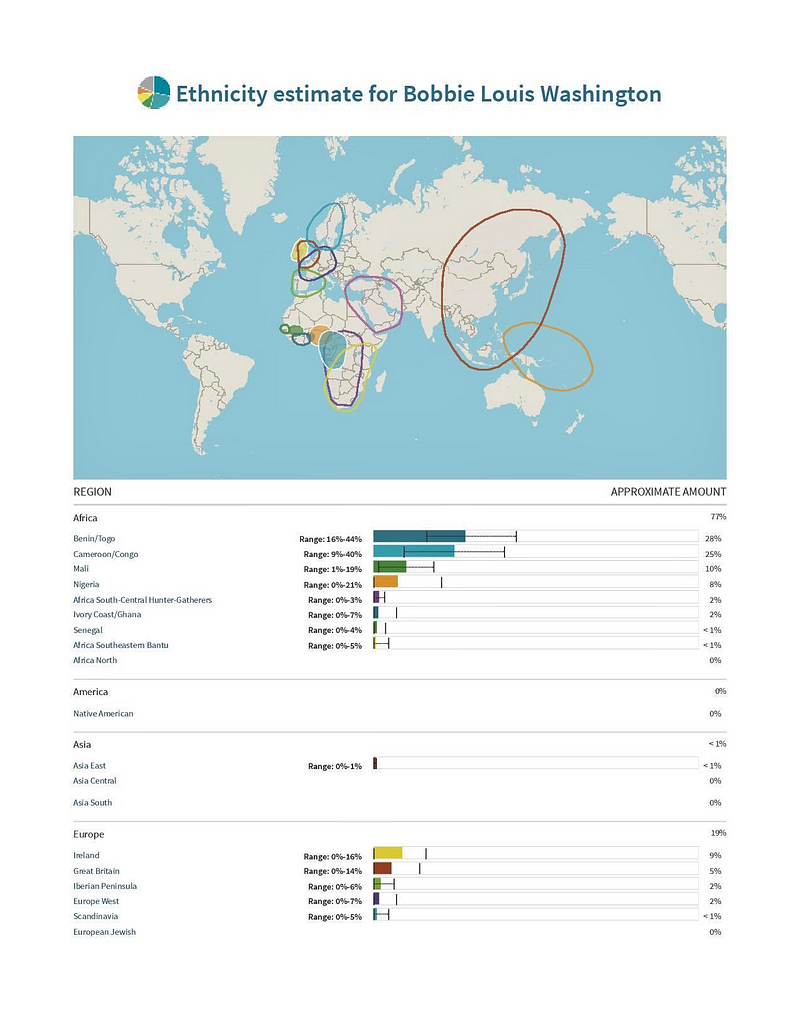 So I sat on that for a while, still wondering about the genetic makeup. From time to time, I’d get updates about the Irish side of my family. I got an old photograph on a 4th or 5th generation grandmother, Eliza Pennington,
So I sat on that for a while, still wondering about the genetic makeup. From time to time, I’d get updates about the Irish side of my family. I got an old photograph on a 4th or 5th generation grandmother, Eliza Pennington,
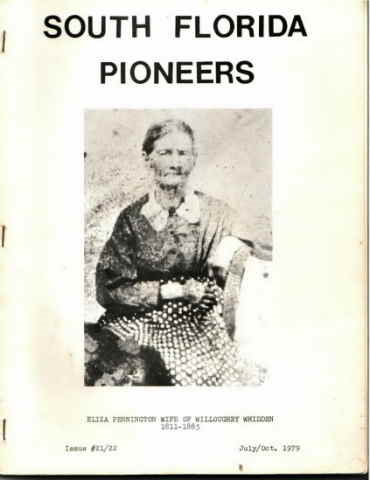
that was linked to me. Still, the need to want more, to answer the persistent calling of who am I, where did I come from mantra. I didn’t grow up with a father and that has always haunted me as to who this person was, past tense. I had asked my mother but she never told me who this person was. My mother has since pass and I would extrapolate that he has as well.
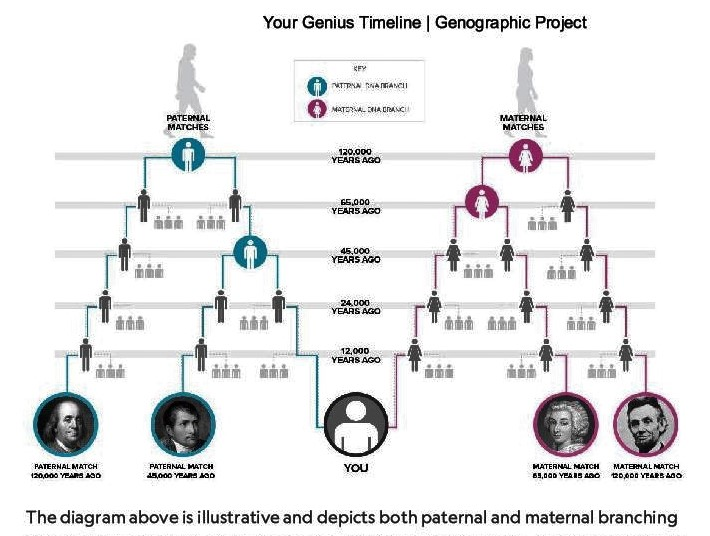 So, National Geographic pops up on the radar with its DNA project. It’s conducting a study and they want DNA samples for their research. Once again, I submit mine figuring that I would get something different as this would include, in addition to the paternal but also maternal DNA. After waiting the prerequisite few weeks, my results were in and the results almost mirrored the Ancestry.com results. It wasn’t as distinctive at all and the maternal results were below tepid. The hype surrounding this test was abysmally paltry. It only showed an origin marker and nothing else, the L0A marker branch out of Africa.
So, National Geographic pops up on the radar with its DNA project. It’s conducting a study and they want DNA samples for their research. Once again, I submit mine figuring that I would get something different as this would include, in addition to the paternal but also maternal DNA. After waiting the prerequisite few weeks, my results were in and the results almost mirrored the Ancestry.com results. It wasn’t as distinctive at all and the maternal results were below tepid. The hype surrounding this test was abysmally paltry. It only showed an origin marker and nothing else, the L0A marker branch out of Africa.
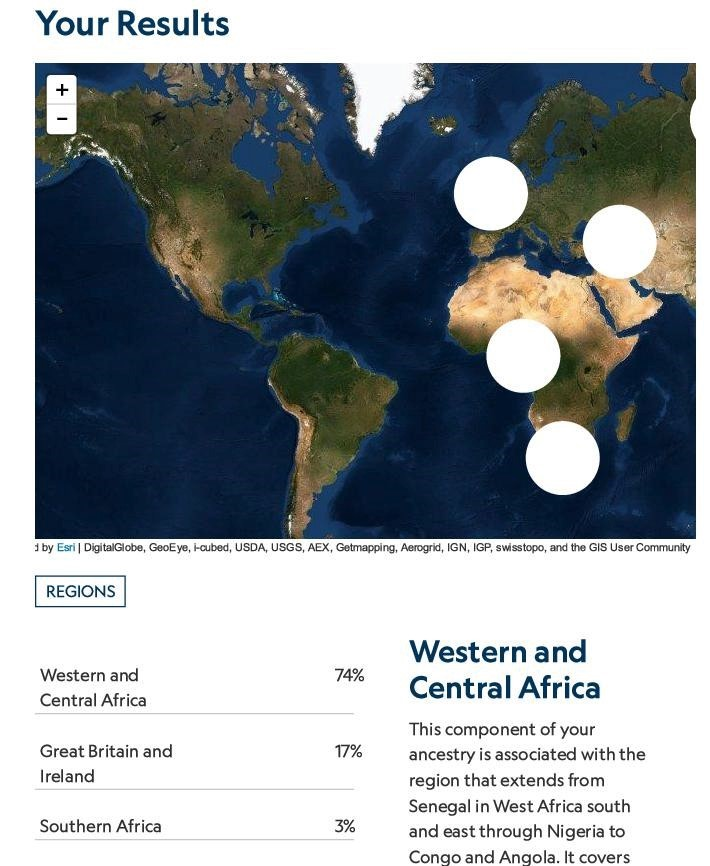 My conclusion with the National Geographic study and Ancestry.com is that both of these services only offer you a minimum of information and not an in-depth look into your DNA. They are consumer-friendly but it’s like you just had a plain burger with pickles that looks withered under a heat lamp but you don’t know any better and you accept the results. I, however, did not.
My conclusion with the National Geographic study and Ancestry.com is that both of these services only offer you a minimum of information and not an in-depth look into your DNA. They are consumer-friendly but it’s like you just had a plain burger with pickles that looks withered under a heat lamp but you don’t know any better and you accept the results. I, however, did not.
 Enter CRI Genetics. I went searching for another service and came across them. They didn’t feel like a grab and dash testing service. I read what they were offering and rolled the dice once again and what I got back was something completely different that gave me a totally different perspective on the DNA testing services. The results were more detailed, the genetic breakdown was more refined. It was, in a word, fascinating. My results were in stark contrast with the National Geographic and Ancestry.com results. What I got back was a breakdown of the following:
Enter CRI Genetics. I went searching for another service and came across them. They didn’t feel like a grab and dash testing service. I read what they were offering and rolled the dice once again and what I got back was something completely different that gave me a totally different perspective on the DNA testing services. The results were more detailed, the genetic breakdown was more refined. It was, in a word, fascinating. My results were in stark contrast with the National Geographic and Ancestry.com results. What I got back was a breakdown of the following:
West Indies — 8.50%
African-Caribbean — 8.50%
European — 56.70%
Italy — 23.60%
Germany — 16.30%
British Isles — 10.60%
France — 6.20%
African — 34.80%
Yoruba People — 10.90%
Esan People — 8.20%
Luhya People — 7.90%
Mende People — 7.80%
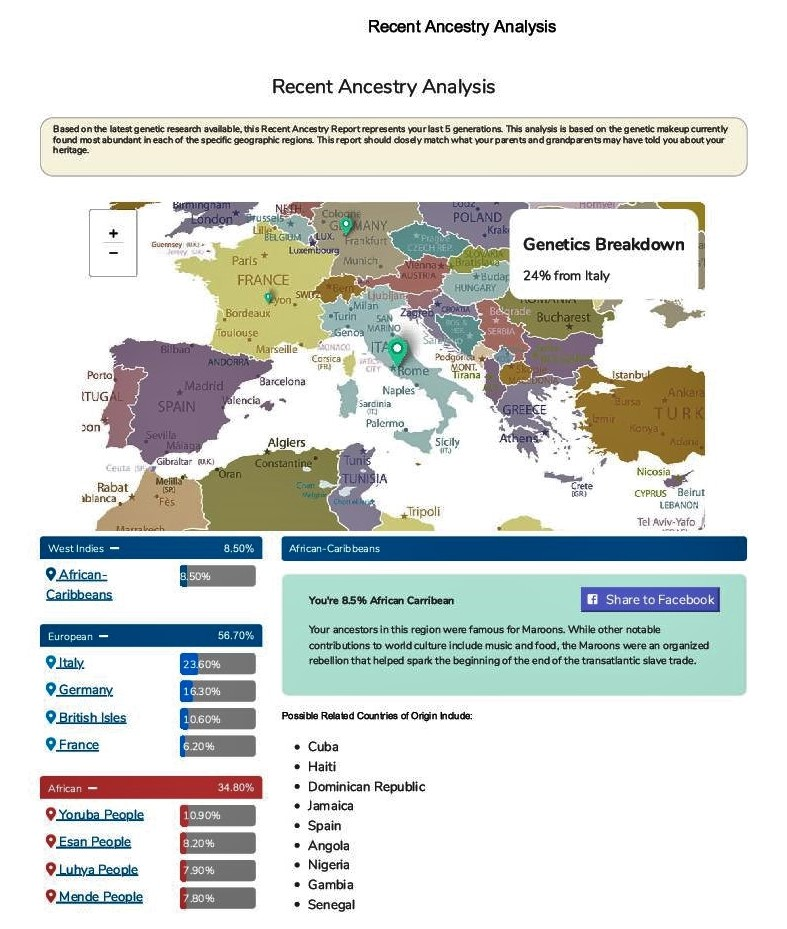 So why the disparity? I do not know as yet. I can only surmise that at least with Ancestry.com is that they are only providing a generic approach to DNA testing. They aren’t looking too deep with the genetic testing. CRI Genetics makes the claim that they initially go back five generations which gives a more accurate picture of the genetic material. They also breakdown the genetic makeup in minute details as well. In my profile, they show that I have Korean, Japanese and India genetic material in small quantities. Ancestry.com shows some Asian material as well. Overall though, CRI Genetics will give you a better fit should you have questions about which service to use. CRI Genetics did not pay me to say this. All of the services, with the exception of SMGF, were paid for by me. I’ve always said in the past that we are a nation of mutts. Looking at my DNA profile, I would say that I truly am. What about you?
So why the disparity? I do not know as yet. I can only surmise that at least with Ancestry.com is that they are only providing a generic approach to DNA testing. They aren’t looking too deep with the genetic testing. CRI Genetics makes the claim that they initially go back five generations which gives a more accurate picture of the genetic material. They also breakdown the genetic makeup in minute details as well. In my profile, they show that I have Korean, Japanese and India genetic material in small quantities. Ancestry.com shows some Asian material as well. Overall though, CRI Genetics will give you a better fit should you have questions about which service to use. CRI Genetics did not pay me to say this. All of the services, with the exception of SMGF, were paid for by me. I’ve always said in the past that we are a nation of mutts. Looking at my DNA profile, I would say that I truly am. What about you?




